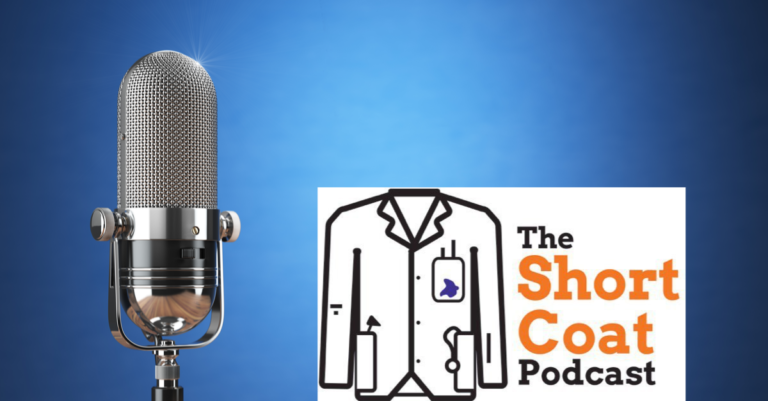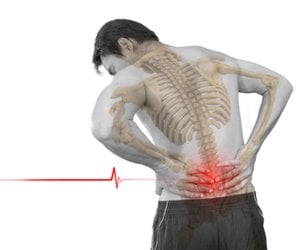
How to Work with a Recruiter to Find a Job
In your second or third year of residency or fellowship, your smartphone will suddenly start ... Read more
Written by: Monya De
Published on: March 23, 2018

In your second or third year of residency or fellowship, your smartphone will suddenly start ... Read more
Written by: Monya De
Published on: March 23, 2018

By Gloria Onwneme, Medical Student, University of Nottingham, UK Dr. Harris Eyre, MD, PhD, Fulbright ... Read more
Written by: Gloria Onwuneme
Published on: March 12, 2018

Everyone knows: doctors have to have empathy…right? Listener Mo wrote to us at [email protected] to ... Read more
Written by: The Short Coat Podcast
Published on: March 10, 2018

A 21-year-old female presents with a six-month history of irregular menses, decreased libido, impaired vision, and ... Read more
Written by: Figure 1
Published on: March 3, 2018

James R. Doty M.D., is a Professor of Neurosurgery and the founder and director of ... Read more
Written by: Gloria Onwuneme
Published on: March 2, 2018

When did you first decide to become a physician? Why? I was a little late ... Read more
Written by: Student Doctor Network
Published on: February 22, 2018

Death is an unfortunately common event in the field of medicine. How do you deal ... Read more
Written by: Katie Imbrock
Published on: February 20, 2018

Dr. Adigo Atabo, BM BS BMedSc(Hons) MRCS MIH FWACS(Plastics) IFMCP, is the founder and Medical ... Read more
Written by: Gloria Onwuneme
Published on: February 12, 2018

The AAMC Premed Team recently conducted a few twitter polls which asked premeds to share ... Read more
Written by: AAMC Staff
Published on: February 8, 2018

There is nothing to fear but fear itself. Kylie Miller and Issac Schwantes take a ... Read more
Written by: The Short Coat Podcast
Published on: February 2, 2018

Dr. Perri Klass is a pediatrician and journalist for the New York Times, an author, ... Read more
Written by: Gloria Onwuneme
Published on: January 31, 2018

The United States is currently battling an opioid epidemic that is only getting worse. The ... Read more
Written by: Jon Hagedorn
Published on: January 30, 2018

The other day I drove through a neighborhood in Chicago I once lived in and ... Read more
Written by: John Stracks
Published on: January 25, 2018

A 31-year-old female presents to the emergency department with a two-day history of pain on ... Read more
Written by: Figure 1
Published on: January 12, 2018

Over a decade ago, I was seated in the emergency department with a colleague when ... Read more
Written by: Michelle Finkel
Published on: December 6, 2017

Tell us a little bit about yourself. I started medical school at age 27 after ... Read more
Written by: Student Doctor Network
Published on: December 5, 2017

Breakthroughs in patient care are happening in leaps and bounds due to the convergence of ... Read more
Written by: Guideline Central
Published on: November 16, 2017

Dr. Knut Schroeder is a practicing GP in Bristol, UK; a freelance medical author, and ... Read more
Written by: Gloria Onwuneme
Published on: November 1, 2017

Republished with permission from here. “Telestroke,” a telemedicine approach to acute stroke care, is revolutionizing how we ... Read more
Written by: Nitin Venugopal
Published on: October 25, 2017